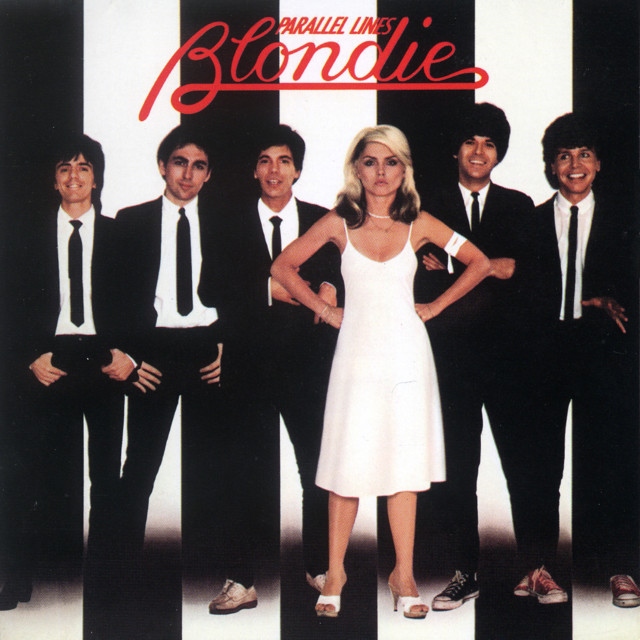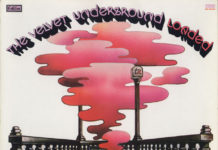Blondie’s Parallel Lines is the record that catapulted the band from underground new wave heroes to global superstars, thanks to the disco-infused genius of “Heart of Glass,” the raw energy of “One Way or Another,” and the sleek production of Mike Chapman. But even if you’ve spun this album a thousand times, there are still secrets buried in its grooves. Here are five little-known facts about Parallel Lines that will change the way you hear it forever, and get you on the dancefloor quicker.
1. The Album Almost Didn’t Happen Because of Studio Chaos
When producer Mike Chapman walked into the studio, he was met with a band that—by his account—was “the worst” he had ever worked with in terms of musicianship. Chris Stein was too stoned to play, Clem Burke had timing issues on the drums, and bassist Nigel Harrison was so frustrated that he once threw a synthesizer at Chapman. The tension was palpable. Debbie Harry, already skeptical of working with an L.A. producer, was moody and sometimes disappeared for hours in the middle of sessions. Despite all this, Chapman whipped them into shape, transforming their scrappy punk energy into polished pop perfection. If not for his obsessive drive, Parallel Lines could have been an entirely different album—or never finished.
2. “Heart of Glass” Was Almost Scrapped—And Rock Fans Hated It
Before it became one of the defining songs of the disco era, “Heart of Glass” was a completely different beast. Originally written as “Once I Had a Love” in the early ‘70s, it had a funky, reggae-tinged sound. When Chapman suggested giving it a more electronic, Euro-disco feel inspired by Kraftwerk and Giorgio Moroder, the band hesitated. But after layering the Roland CR-78 drum machine with live percussion, the track took on new life. The song’s success, however, came with backlash—Blondie was accused of “selling out” to disco, a controversial move at a time when rock and punk fans were firmly anti-disco. Ironically, “Heart of Glass” was never meant to be a disco song at all.
3. Robert Fripp Secretly Played Guitar on “Fade Away and Radiate”
Yes, that Robert Fripp, the mastermind behind King Crimson’s progressive rock wizardry. Fripp was brought in to add guitar textures to the dreamy, eerie track “Fade Away and Radiate,” and his signature sound gave it an otherworldly quality. But what most people don’t know is that Fripp’s contribution was entirely improvised. He listened to the track once, plugged in, and delivered a mesmerizing performance in a single take. It was so perfect that Chapman didn’t even ask him for another go. Blondie had unknowingly captured a prog-rock legend in his purest form.
4. Debbie Harry’s Stalker Inspired “One Way or Another”
“One Way or Another” isn’t just a catchy anthem—it’s a chilling real-life story. Debbie Harry wrote the lyrics based on her terrifying experience with an ex-boyfriend who turned into a stalker. He followed her obsessively, called her constantly, and even forced her to move out of New Jersey in fear for her safety. To cope with the trauma, Harry infused the lyrics with dark humor and relentless energy, transforming fear into empowerment. The menacing “getcha, getcha, getcha” chant? That wasn’t just a catchy hook—it was Harry channeling her survival instinct into music.
5. The Album Cover Wasn’t Blondie’s First Choice
The black-and-white Parallel Lines cover is now iconic, but the band actually hated it. The concept was chosen by their manager, Peter Leeds, and shot by photographer Edo Bertoglio. The idea of the male band members in uniform suits with Debbie Harry standing out in a white dress was meant to create a contrast, but Harry found it cliché. What’s more, the album title came from an unused song Harry wrote, and the lyrics to it were included on the first vinyl pressing—but the track itself never made the final cut. Despite the band’s reservations, the cover went on to become one of the most recognizable in rock history.
With Parallel Lines, Blondie shattered expectations and redefined what a rock band could be. They fused punk, new wave, disco, and pop in ways that hadn’t been done before, and in the process, they gave us one of the most enduring albums of all time. From studio chaos to secret guest musicians, from stalker nightmares to industry-defying reinventions, Parallel Lines is proof that sometimes, the best music comes from the most unexpected places.







